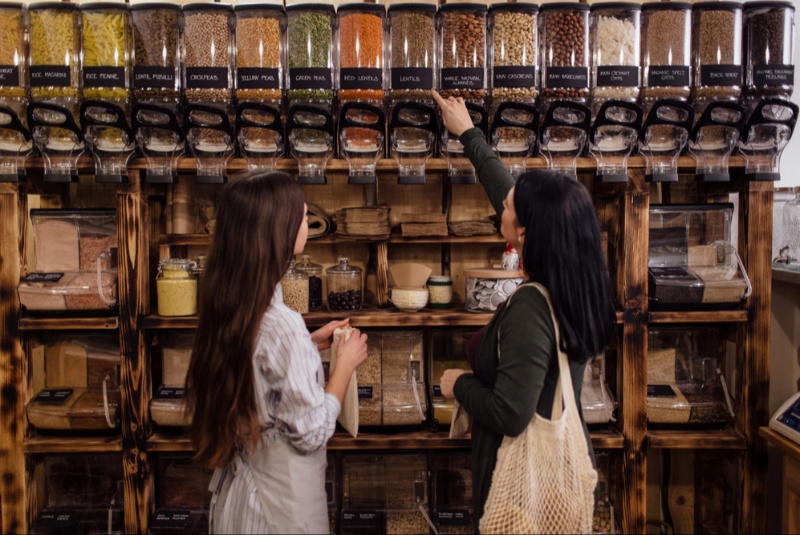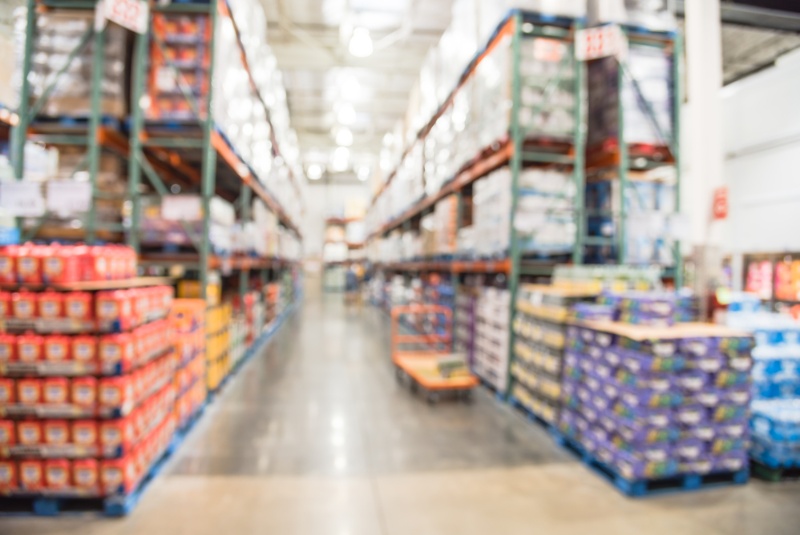In a world increasingly conscious of environmental challenges and food security concerns, smart, sustainable food shopping is more important than ever. The decisions we make at the grocery store not only affect our health but also have a significant impact on the planet’s wellbeing.
1. Understand Food Labels
Food labels contain valuable information about how food is grown, sourced, and produced. Familiarizing yourself with these can empower you to make choices that align with your values.
- Organic: Products labeled “organic” were grown without synthetic pesticides and fertilizers. While these items can be pricier, they often contribute to healthier ecosystems and are a sustainable option.
- Fair Trade: Fair Trade-certified items guarantee fair wages and good working conditions for farmers and workers, especially in developing countries. This label promotes sustainable development by supporting marginalized producers.
- Non-GMO: Non-GMO labels indicate that the product does not contain genetically modified organisms. For those seeking a more natural food option, this label may offer reassurance.
2. Prioritize Seasonal and Local Produce
Choosing seasonal and locally grown produce can make a significant difference. Seasonal foods are fresher, tastier, and often more nutrient-rich. Additionally, buying local produce helps reduce the carbon emissions associated with long-distance transportation and supports small, local farms.
Tip: Visit local farmers' markets to access fresh, seasonal produce directly from farmers, who often employ sustainable growing practices.
3. Reduce Meat and Dairy Consumption
The production of meat and dairy has a substantial environmental impact, consuming significant water, land, and other resources. By cutting down on these items, you can reduce your carbon footprint.
Tip: Incorporate plant-based proteins like beans, lentils, nuts, and seeds into your meals. Experimenting with plant-based recipes is a step towards a more eco-friendly diet.
4. Avoid Single-Use Plastics
Single-use plastics contribute to pollution and harm marine life. Opt for reusable bags, containers, and bottles when shopping, and choose products packaged in glass, cardboard, or other eco-friendly materials.
Tip: Bring reusable produce bags and containers when grocery shopping to avoid plastic waste, especially for bulk items like grains, nuts, and spices.
5. Buy in Bulk and Explore Zero-Waste Stores
Bulk buying can save money and reduce packaging waste, especially when shopping for pantry staples like grains, beans, and spices. Zero-waste stores allow customers to bring their containers, making it easy to cut down on single-use packaging.
Tip: Check for local zero-waste or bulk stores that promote sustainable shopping habits.
6. Implement Food Waste Reduction Strategies
According to the Food and Agriculture Organization of the United Nations, about one-third of the world’s food is wasted. Reducing food waste can start with small steps, like meal planning, understanding expiration dates, and finding creative ways to use leftovers.
Tip: Plan your weekly meals, and make shopping lists to buy only what you need, helping prevent overbuying and spoilage.

7. Use Online Apps and Tools
Apps can offer guidance in making eco-friendly shopping choices. For example, apps like "Good On You" provide information on product sustainability, while "Dirty Dozen" highlights foods commonly high in pesticide residue. These tools make it easier to make informed decisions.
8. Support Community Supported Agriculture (CSA)
Community Supported Agriculture (CSA) programs allow consumers to buy shares of a farm’s harvest upfront, fostering a direct connection between farmers and consumers. With CSAs, you receive fresh, seasonal produce regularly, supporting local agriculture.
Tip: Check if your area has a CSA program. Many CSAs offer home delivery or convenient pickup locations.
9. Start an Organic Garden
Growing your produce, even in a small herb garden, can reduce dependence on commercially grown items, many of which have high environmental footprints. A personal garden also provides fresh, organic food that’s readily available.
Tip: For beginners, start with easy-to-grow herbs and greens, such as basil, mint, and lettuce. Even a small garden can contribute to a more sustainable lifestyle.
10. Educate Yourself on Nutrition and Sustainability
Understanding the nutritional benefits and environmental impact of various foods can help you make healthier, eco-conscious choices. Nutritional education can also help you interpret food labels and select products that meet your health and sustainability goals.
Tip: Engage in nutritional education by reading books, articles, or online courses focused on sustainable eating practices.
11. Engage with Like-Minded Communities
Joining communities or online groups focused on sustainability can provide valuable resources, tips, and ideas for sustainable food shopping. Engaging with others can offer inspiration, helping you discover new ways to make eco-friendly choices.
Smart and sustainable food shopping isn’t just a trend—it’s a shift towards a healthier, more responsible lifestyle. By understanding food labels, supporting local farmers, reducing waste, and adopting mindful shopping habits, you can play a significant role in promoting sustainability. Every sustainable choice contributes to a better world, supporting a healthier planet for generations to come. Start with small, consistent steps, like choosing organic or local produce and minimizing waste. With each responsible decision, you cast a vote for the future you wish to see, embodying a commitment to mindful, sustainable living.




